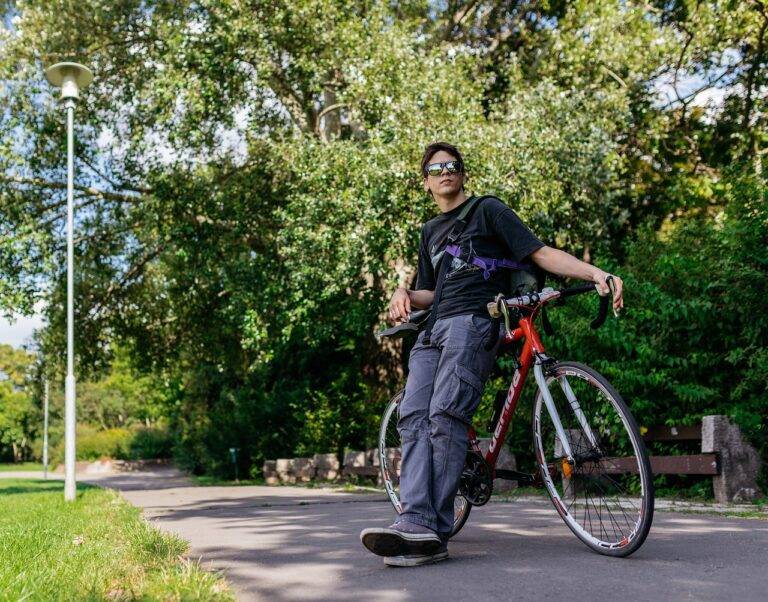The Art of Mindful Commuting: Finding Peace and Presence in Daily Travel
Mindful commuting not only eases the stress of daily travel but also enhances overall well-being. By focusing on the present moment during your commute, you can cultivate a sense of calm and reduce anxiety. This intentional awareness of your surroundings can lead to a more positive mindset and increased mental clarity throughout the day.
Moreover, practicing mindfulness while commuting can improve your productivity and concentration. Instead of being consumed by negative thoughts or distractions, you can use this time to center yourself and set positive intentions for the day ahead. Embracing mindful commuting as a daily habit can transform your travel time into a valuable opportunity for self-care and personal growth.
• Mindful commuting eases daily travel stress
• Enhances overall well-being and reduces anxiety
• Cultivates a sense of calm and increases mental clarity
• Improves productivity and concentration during commute
• Allows for setting positive intentions for the day ahead
• Transforms travel time into an opportunity for self-care and personal growth
Creating a Morning Routine for a Peaceful Start
Creating a morning routine for a peaceful start lays the foundation for a positive and productive day ahead. Begin by setting your alarm to wake up at a consistent time each morning, allowing your body to adjust to a regular sleep schedule. Upon waking, take a few moments to express gratitude for the new day ahead, setting a positive tone for the hours to come.
Next, engage in activities that promote mental and physical well-being. This could include a light stretch, a brief meditation session, or enjoying a healthy breakfast to nourish your body and mind. Consider incorporating a short mindfulness practice into your routine, such as writing down a few things you are grateful for or setting intentions for the day. By starting your morning with mindfulness and self-care, you can cultivate a sense of calm and focus that will carry you through the challenges and opportunities the day may bring.
Practicing Deep Breathing Techniques While Traveling
During our daily commutes, the hustle and bustle of traveling can often lead to stress and anxiety. Incorporating deep breathing techniques into your journey can help promote a sense of calm and relaxation. By taking slow, deep breaths in through your nose and out through your mouth, you can help regulate your body’s stress response and lower your heart rate.
One effective technique is the 4-7-8 breathing exercise, where you inhale for a count of four, hold for a count of seven, and exhale for a count of eight. This rhythmic breathing pattern can help to quiet the mind and center your thoughts, making your travel experience more peaceful and enjoyable. Practice these deep breathing exercises regularly during your travels to cultivate a sense of mindfulness and presence in the moment.
Why is it important to practice deep breathing techniques while traveling?
Practicing deep breathing techniques while traveling can help reduce stress, anxiety, and tension, making your journey more enjoyable and relaxing.
How can deep breathing help with motion sickness during travel?
Deep breathing techniques can help calm your nervous system and alleviate symptoms of motion sickness by reducing nausea and dizziness.
Can deep breathing help with jet lag?
Yes, deep breathing techniques can help regulate your body’s internal clock and promote relaxation, which can aid in minimizing the effects of jet lag.
When is the best time to practice deep breathing while traveling?
You can practice deep breathing techniques anytime during your travels, whether you’re in transit, waiting at the airport, or relaxing in your hotel room.
How long should I practice deep breathing techniques for optimal benefits while traveling?
Even just a few minutes of deep breathing can have a significant impact on your mental and physical well-being while traveling. Aim to practice deep breathing for at least 5-10 minutes for maximum benefits.







